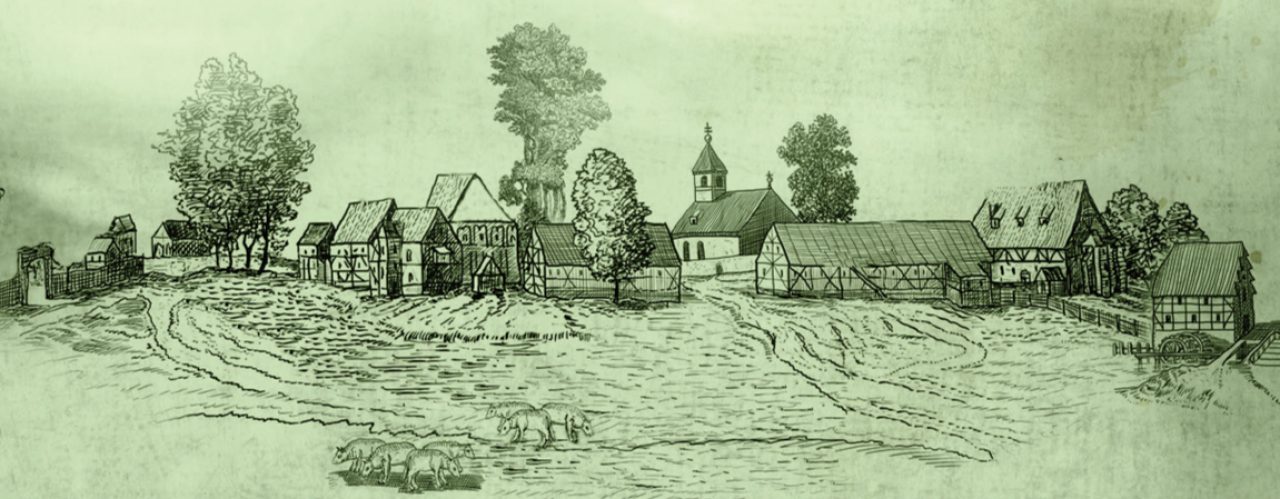Since I’ve been writing historical fiction, I’ve read a few opinions about it that might have made me think the whole enterprise was a complete waste of time!
In this second blog post on the so-called problems of historical fiction, I look at the idea that historical fiction is a lie…
In 2000, Richard Lee, president of the Historical Novel Society, gave a talk to an audience of writers entitled ‘History is but a fable agreed upon: the problem of truth in history and fiction’.[1] The title alluded to a comment attributed to Napoleon, which suggested that history is a form of fiction, for its “truth” depends on who is telling the story: the written history of war differs depending on whether its author comes from the camp of the conqueror or that of the conquered.
 Napoleon Bonaparte crossing the Alps at the Grand Saint-Bernard, January 1801,
Napoleon Bonaparte crossing the Alps at the Grand Saint-Bernard, January 1801,
by Jacques-Louis David, Public domain, via Wikimedia Commons
But it is also true that the “facts” of history are continually changing, as the latest research inevitably reveals previously unknown information and offers new interpretations of historical truths.
Lee quoted a literary critic who, in a Telegraph book review that year, had said the ‘historical novel has always been a literary form at war with itself. The very term, implying a fiction somehow grounded in fact – a lie with obscure obligations to the truth – is suggestive of the contradictions of the genre.’[2]
Richard Lee considered that the critic, and others, misunderstood the nature of historical fiction, saying that, anyway, surely all fiction is a lie ‘somehow grounded in fact’. No one, he said, thinks that either Trainspotting or Bridget Jones’ Diary is true, but rather that ‘they were in some way drawn from life’. Historical fiction is no more a contradiction than any other form of art, all of which seeks ‘both accuracy and illusion’.[3]
All fiction is an illusion created by the writer’s imagination. Yet historical, no less than contemporary, fiction must be sustained by a foundation of fact, creating a sense of “authenticity”, in order for readers to accept the illusion as temporary reality. Even fantasy fiction, science fiction and some forms of thriller, despite being illusion writ large, must be founded, if not on fact, at least on sufficient rationality or logic to sustain the illusion.
I found myself almost apoplectic with indignation when I heard what that critic had written. He seemed to be implying that historical fiction was somehow “invalid” as a concept. Richard Lee’s comment rings true for me when he suggests that historical fiction, like all art, aims to achieve both accuracy, or perhaps authenticity, and illusion.
Illusion, not a lie.
I’d be interested in hearing your thoughts…
References
[1] Richard Lee, Historical Novel Society, Guides, Defining the Genre (2000)<http://historicalnovelsociety.org/guides/defining-the-genre/but-a-fable-agreed-upon-speech-by-richard-lee/>
[2] Lee, para 3.
[3] Lee, para 4.

Pingback: Why Historical Fiction? – Shirley Miller Kamada